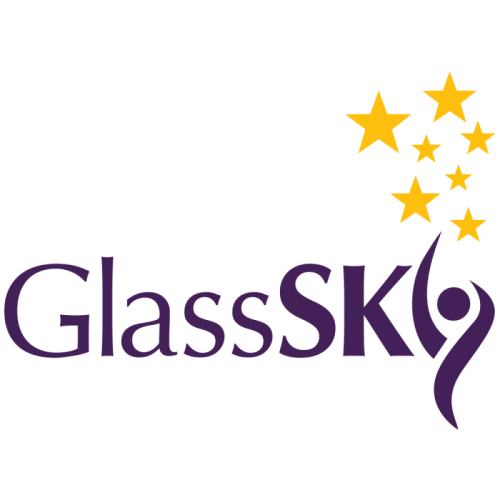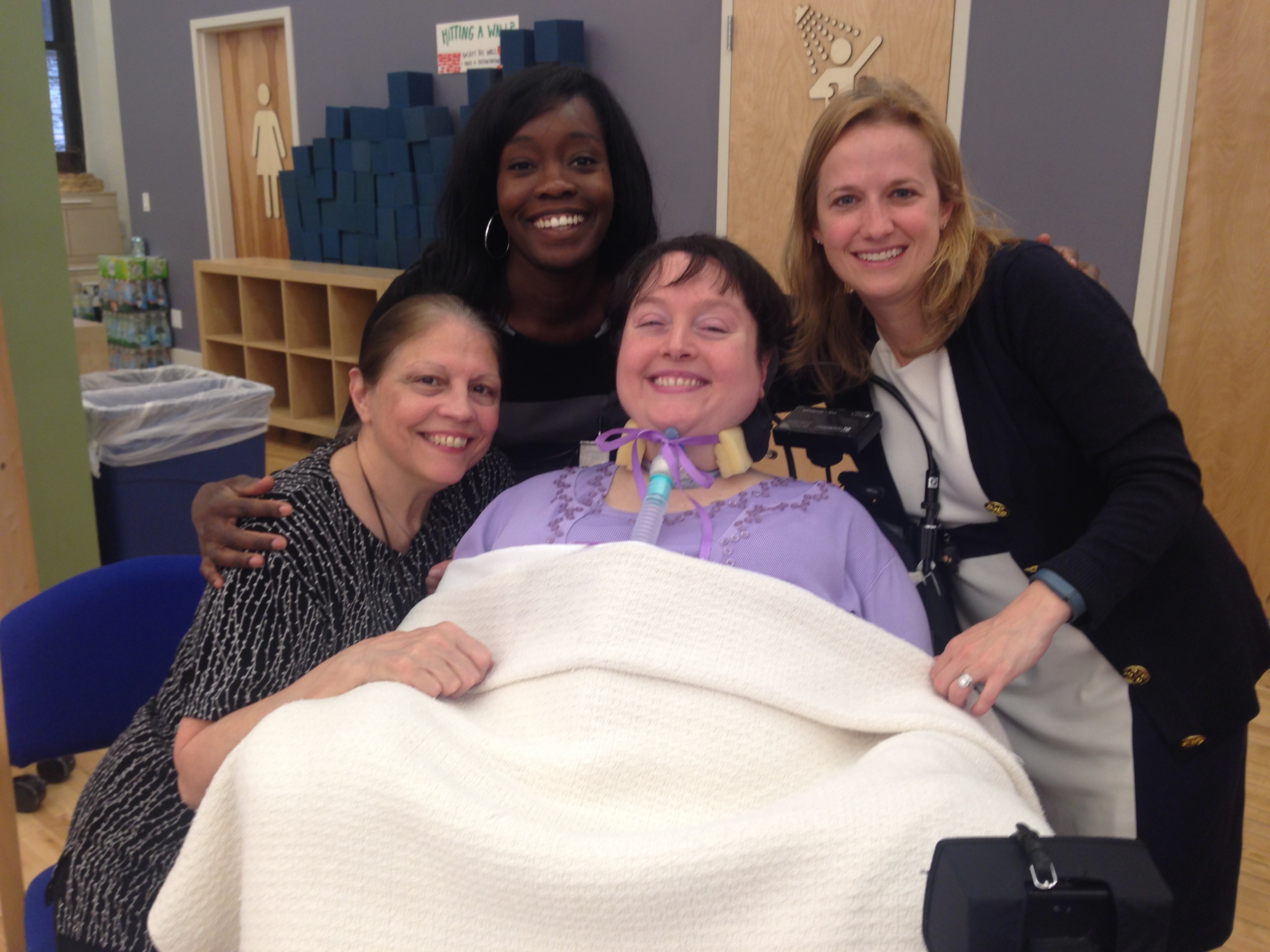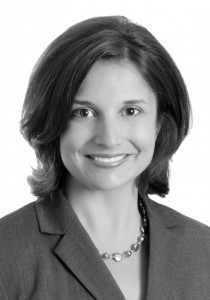In Part 2 of our new series – SOAR – Alyson Queen interviews Brooke Ellison and Alison Loat, a duo that exemplifies the power of women supporting women. Despite being disabled since her youth, Brooke is an inspiring voice who is redefining what it means to be disabled. Harvard valedictorian, author, and the inspiration behind a Hollywood movie, she is shattering stereotypes every day. With her fellow Harvard grad, Alison Loat, they are tackling policy for people living with disabilities at the World Economic Forum.
By Alyson Queen
Inclusive Future was created to give a global voice to people with disabilities. Brooke Ellison, centre, is pictured here at a World Economic Forum workshop in New York City where the idea began. L-R: Brooke’s mother, Jean Ellison; Shika Pappoe, a volunteer on the project; Brooke; Alison Loat.
Shattering Stereotypes from Harvard to Hollywood
She was 11 years old, laying in a hospital bed in New Jersey after a freak accident on her way home from school, and grappling with the notion of never using her arms or legs again.
Yet somehow, Brooke Ellison found the strength to look deep inside and convince herself that her life wasn’t over. It would just be different.
Fast forward to May 2000, when she delivered these lines as part of her Harvard graduation speech:
“Ten years ago, I was hit by a car. No one expected me to live. I have been paralyzed from the neck down and on a respirator since that time. Tomorrow, I will graduate from Harvard. Miracles happen.”
Redefining Disability and Opportunity
“All of the things that I was defining myself by were really not all that significant. Just because my life was different than it had been, did not mean it was in any way inferior or should prevent me from making a difference in the world.”
For Brooke, that meant re-thinking things like appearance or physical activity. From there, she started shattering the stereotypes that she and her parents encountered about disabilities, even in her school.
“Board of Education members were fearful that my presence in the classroom was going to be disruptive or upsetting to the other students.”
It went further than that though. She witnessed a mindset that a disability “was something to be afraid of, or something that is contagious, or something you offer a hard gaze from.”
Shattering that stereotype has become a life goal.
Brooke was the first quadriplegic to graduate from Harvard. In 2012, she completed her PhD from Stony Brook University.
Her story has reached and inspired millions, including the late Christopher Reeves. The last directing project that he worked on before he died was Brooke’s life story. The television film “The Brooke Ellison Story” aired in 2004, after his death.
She’s also written a book with her mother about their collective journey “Miracles Happen: One Mother, One Daughter, One Journey.” (note: this is a fantastic read)
But there’s more.
You see, if you want to take on the system, you need to be a part of it. So in 2006, Brooke ran as a Democratic candidate for New York State Senate. Although the incumbent ultimately regained his seat, her campaign was the endorsed by the New York Times and also featured on the Today Show.
Along comes Alison Loat
Brooke’s friendship with Alison Loat began at Harvard when the two were graduate students at the Kennedy School from 2002-2004. They first met in the cafeteria. Alison offered Brooke some assistance in getting her lunch.
Alison herself is an inspiration, co-author of a best-selling political book, “Tragedy in the Commons” and having been named one of Canada’s Top 100 Most Powerful Women in 2013.
“When Alison and I first met, I was at a point in my life, 14 years after my accident, where I still hadn’t really fully gone through the emotional and mental transformation that often accompanies disability.”
When great minds come together, anything is possible. In 2014, they were both individually named Young Global Leaders through the World Economic Forum. It was there that they launched Inclusive Future, a project to blow open the doors opportunities for people with disabilities, at the global level.
Advocating for the world’s largest minority group
According to a 2011 World Health Organization report, more than 1 billion people or 15% of the world’s population live with some form of disability.
As Alison points out, “You’ve got all the good will of the UN and the world’s governments and there is barely a mention of the world’s largest minority group: people living with disabilities. We needed to change that.”
The project has become a movement. Linked with the UN’s Sustainable Development Goals, they are taking their research and stories to the UN and other international organizations.
They are also presenting policy recommendations on how to improve the quality of life and well-being for people living with disabilities throughout the world.
“This is a population that can’t just be pushed under the rug…whose lives are no less worthy than anybody else’s,” reminds Brooke.
Don’t let anyone get in your way
Brooke’s story is one of sheer inspiration and a reminder that anything is possible. She is a living example that by being different, you can really make a difference.
Her friendship with Alison shows how powerful change can happen, especially when women support each other and harness their leadership abilities toward a common goal.
Brooke sums it up this way: “as women, we’re often put into these boxes, the walls of which are based on feelings of insecurity or that we’re not good enough or that we should wait or that we’re asking too much or that we’re operating beyond our skillset.”
“For any young girl or anyone with a disability, just ignore that completely. Don’t let that get in your way. Just go after whatever it is that you want to achieve.”


